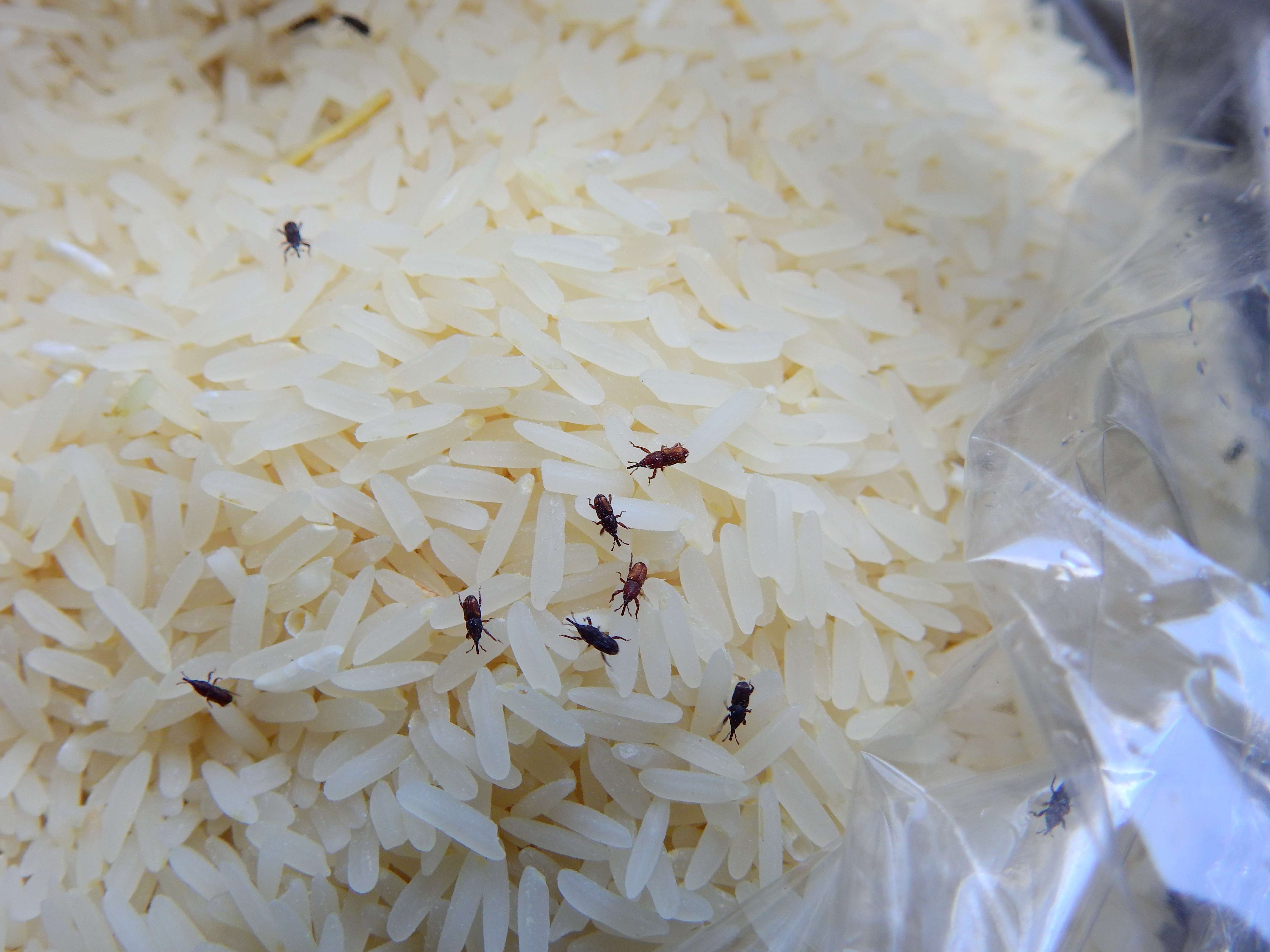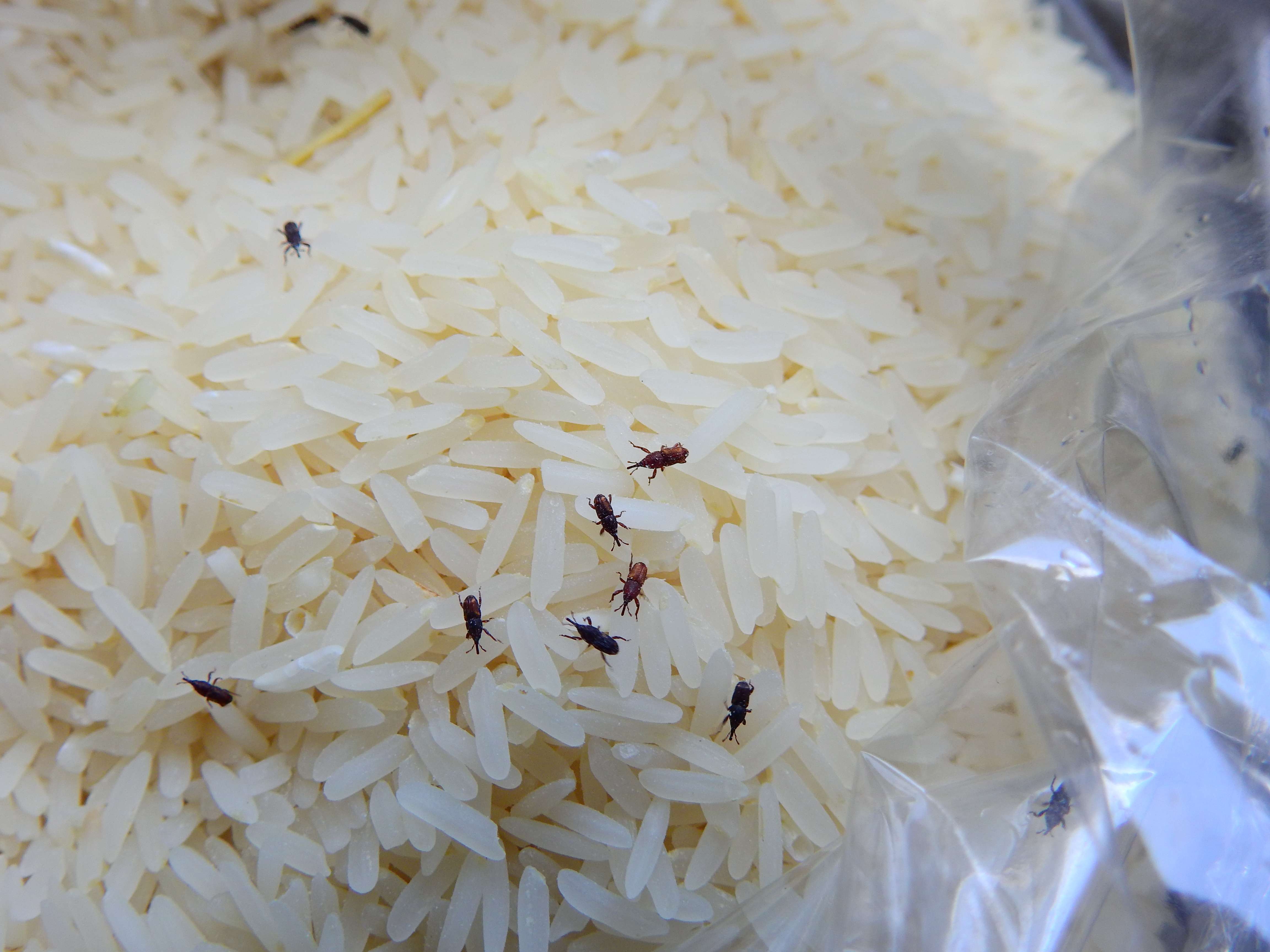About the service
WHAT IS FUMIGATION
- Fumigation is a treatment with a chemical agent that reaches the commodity wholly or primarily in a gaseous state (ISPM No. 5 Glossary of phytosanitary terms, FAO, 1990; revised FAO, 1995)
- A Fumigant is a chemical which, at a required temperature and pressure, can exist in the gaseous state in sufficient concentration to be lethal to a given pest organism. (FAO Manual of fumigation for insect control, 2007)
WHY DO WE FUMIGATE?
WTO - Sanitary and Phytosanitary Agreement (SPS)
- Countries require the compliance of imported agricultural products with their national sanitary and phytosanitary regulations.
- The primary aim of these regulations is to protect human, animal or plant life or health from pests and diseases that may be brought in by imported agricultural products.
IPPC - the International Plant Protection Convention
- International cooperation in controlling pests of plants and plant products and in preventing their international spread, and especially their introduction into endangered areas.
Apart from Regulatory / Statutory , COMMERCIALLY to ensure :
- Safety of the cargo – Damage / rotten would mean claims /discounts
- The buyer also wants to receive clean cargo
- Related costs
WHY ONLY FUMIGATION?
- Is often the quickest way of controlling an infestation
- Can reach where Sprays, Dusts, Aerosols can not reach, such as deep into stack, ship hold etc. Highly penetrating.
- Fumigants being inert generally do not alter the property or structure of the fumigated item.
Fumigation is the preferred & acceptable way of treating cargoes that are being shipped in large quantities from one country to other, as these cargoes are prone to get infested during long voyages.
Fumigation Services
|
Ship Fumigation Services |
|
|
Containers Fumigation Services |
|
Container fumigation is the treatment of a commodity or the container itself, using approved gasses to eliminate the risk of pests or disease from damaging the goods within or from |
|
Empty hold Fumigation Services |
|
This service is the treatment of the cargo holds of a ship to ensure that there are no hidden / residual insect infestation that could damage or contaminate the goods being shipped. |
|
Factory Fumigation Services |
|
Insects get into the Machinery during processing and end up in places that become hard to reach and treat, in a conventional manner. Fumigation becomes the only alternative to clean out the machinery to prevent insect contamination in the final product |
|
Stored Grain Fumigation Services |
|
Scientists say that upto 7% of grain in storage could be damaged in a month’s time. To prevent losses and contamination, fumigation is the only alternative to ensure insect free grain |
|
Bulk/Bagged Commodities Fumigation |
|
Any agricultural commodity will get infested. To preserve the goods in storage from insect damage, it is necessary to periodically fumigate them to keep the quality of the produce intact to get a good value when it is to be sold |
|
Prophylactic Treatments Services |
|
Prophylactic means “A preventive measure”. As fumigants do not any have residual effects, Prophylactic treatments are carried out to prevent any reinfestation of treated goods |

Get a quote
Reach out to our experts and schedule a fumigation session today!
Have any questions?
Want to learn more about our cockroach infestation management techniques and procedure? Take a quick look at the following FAQs, and if your query is not there, please reach out to us.
Are all the technicians tested for COVID-19 before coming to the property?
Is fumigation safe for humans?
What is In-Transit Fumigation
Do you offer all types of professional fumigation services?
What type of fumigants are used during the procedure?
